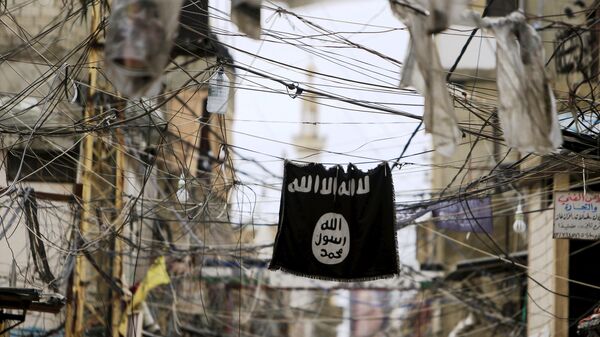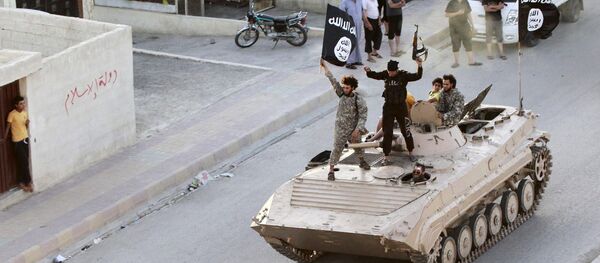"We can expect [Daesh] to harass local forces that are holding cities it previously controlled, thereby drawing out battles into protracted campaigns,” an intelligence official speaking anonymously to Reuters stated.
Seizing territory in regions of Iraq and Syria allowed the group to collect funds through taxes and oil, and provided them a geographical base. Seth Jones, an analyst with the RAND Corp, told Reuters that the loss of these areas could lead them to adopt an increasingly guerilla approach to warfare.
“It looks like the areas that [Daesh] has lost, they are generally abandoning, and that would mean preparing to fight another day,” he said.
"The resources needed for terrorism are very modest, and the group would have to suffer even heavier losses of territory, manpower, and money for its terrorist capacity to decline significantly,” he said.
At Tuesday’s Senate Homeland Security committee meeting, Hassan Hassan, a terrorism expert at the Royal Institute of International Affairs in London explained that the Orlando attack proves that the group is still appealing to “lone wolves” who pose a significant threat.
“They became a strong organization because of the political failure,” Hassan said. “My fear is that there’s so much focus on the military component, rather than on the political, and social and religious dimensions.”




